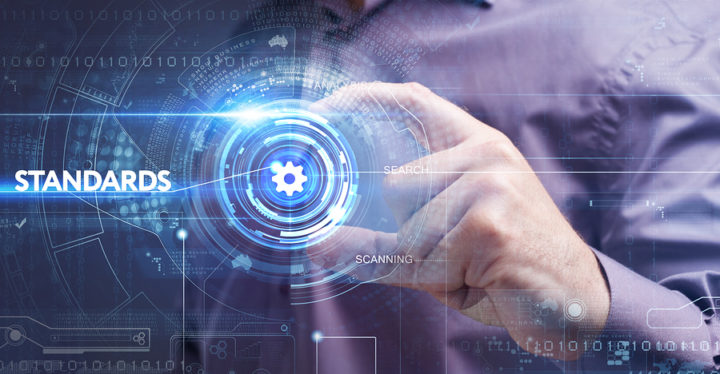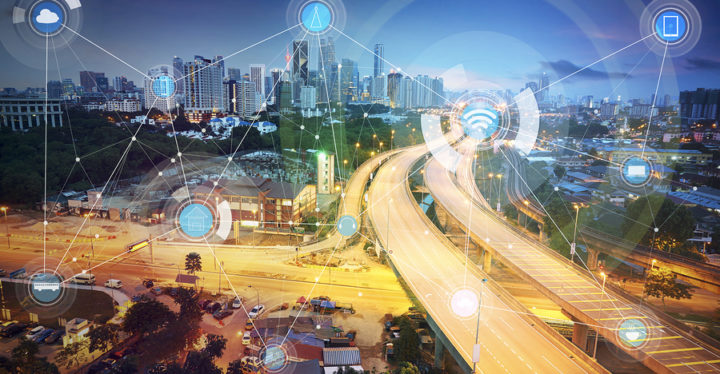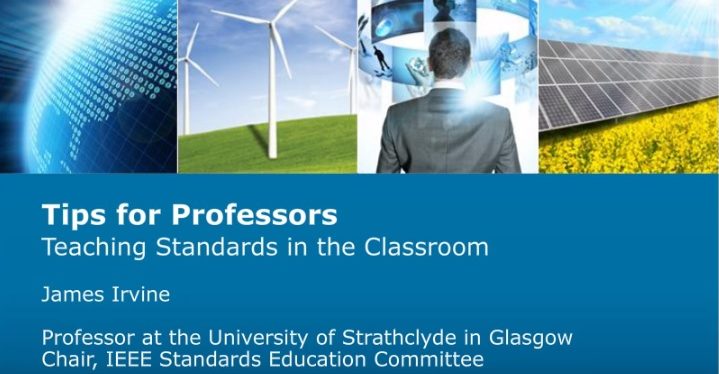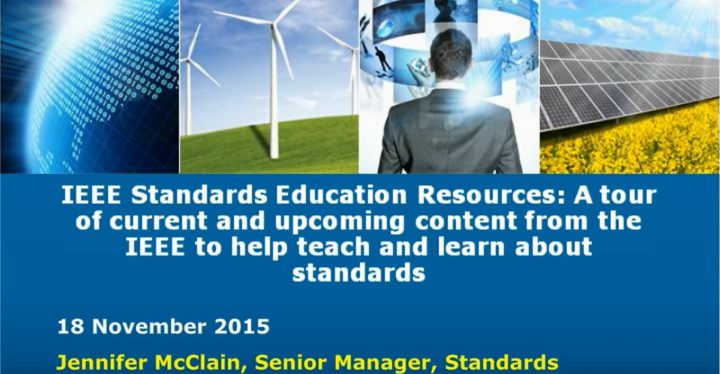November 2016 | Volume 6, Issue 4 | Smart City Standards |
Making Sense of the Smart City Standardization Landscape
Over recent years there has been a major worldwide push towards smart cities with many major world cities rolling out initiatives and new services aimed at improving cities and the lives of citizens. Partly driven by this rollout, international and national standards bodies have begun ...
Featured Articles

Letter from the Editor
Smart Cities: Standards Will Ensure Success
Ever since humans changed their lifestyle from hunter-gatherers to an agrarian society, we have been building fairly complex living arrangements. Early challenges to organize such habitats included access to basic necessities such as water, food, and shelter, which gradually included sanitation, transportation, and commerce. As our ancestors’ collective thinking over many centuries evolved to manage habitats for hundreds or thousands in a community to millions in crowded and polluted cities, we have continuously transformed our villages, towns, and cities. Unabated advancement in technology from the invention of the wheel to the latest Internet of Things (IoT) gizmos has empowered us well beyond our individual capacity in pursuit of better lives defined by the basic necessities of modern times. This, in turn, has lead to complex infrastructure in our megacities that depends on perpetual access to energy (power) and the Internet to provide for and operate services such as transportation and to maintain law and order. (more…)Student Application Papers
Student application papers applying industry standards are papers submitted by students, or their faculty mentors on their behalf, in which an industry technical standard(s) was applied (analyzed and implemented). Each paper highlights specific design choices in the application of various technical standards and describes the resulting product, process, or service. Click on the title to view the full paper.
A Testbed for Smart Grid Communications over the Internet
(PDF, 456 KB), Dexin Wang and Qiang CuiLearn more about how you can apply for an IEEE Student Grant.
FUNNY PAGES: SMART CITY
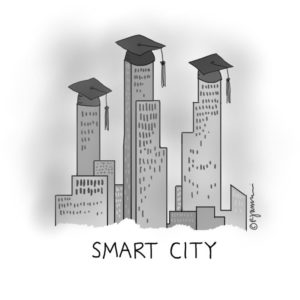
Call for Contributors
The IEEE Standards Education eZine Editorial Board invites contributions from industry practitioners, educators and students on topics related to education about technical standards. Interested parties may submit an inquiry or article abstract for consideration to the Editorial Board at any time throughout the year via email to: ezine-eb@listserv.ieee.org. Abstracts should be no longer than 500 words and final articles should be no more than 2,000 words.
Particular areas of interest include, but are not limited to:
- impact and development of standards in various regions of the world;
- reliance by employers on complying with standards for introducing their products to the marketplace
- best practices and ideas for incorporating standards into the classroom and curricula
Interested in contributing an article? Please make note of these important dates.
1st Quarter 2017 issue theme: Consumer Electronics, including virtual reality, wearables, drones- Articles due: 13-Jan-17
- Publication date: 15-Mar-17
- Articles due: 31-Mar-17
- Publication date: 1-Jun-17


